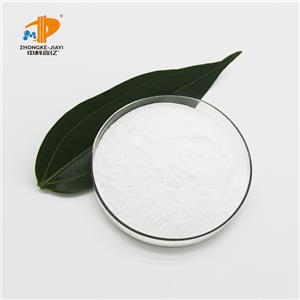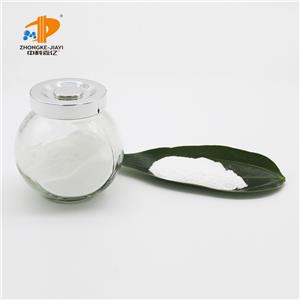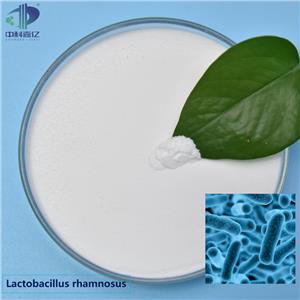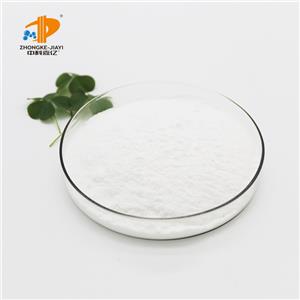- Home
- >
- News
- >
- Company News
- >
- The efficacy and benefits of probiotics
The efficacy and benefits of probiotics
1、 Probiotics can help enhance immunity
One of the functions of probiotics is to regulate the immune response of the human body. Research has found that they have the ability to regulate the immune cells of the whole body and mucous membranes, as well as the epithelial cells of the intestine, thereby regulating the immune system of the human body.
In addition, a study focused on supplementing probiotics for infants, which included strains of Bifidobacterium difficile, Bifidobacterium bifidum, and Lactobacillus helveticus. The results showed that a healthy gut microbiota is crucial for the intestinal health and immune system of infants, and may also have an impact on their overall health in the future, Therefore, administering probiotic supplements or related formula to infants can regulate their gut microbiota and enhance their immune system.
2、 Probiotics improve gastrointestinal function and stabilize gut microbiota
Overall, probiotics can assist the human body in inhibiting the growth of bacteria and promoting the growth of beneficial gut microbiota, thereby regulating intestinal stability and promoting intestinal health.
Research has found that the use of probiotics is beneficial for the treatment and prevention of childhood diarrhea, such as Lactobacillus rhamnosus, Lactobacillus reuteri, and Saccharomyces boulardii, which can significantly reduce hospitalization time and prevent the progression of infectious diarrhea.
Some patients who use antibiotics for a long time, especially children, often experience antibiotic related diarrhea or Clostridium difficile infection. Some studies have shown that the group that consumes probiotics has a significantly reduced probability of developing antibiotic related diarrhea and Clostridium difficile infection, and consuming probiotics can moderately shorten the duration of diarrhea.
3、 Probiotics improve metabolic syndrome
The study found that ingesting probiotics to regulate the intestinal microbiota may help to reduce weight, blood sugar and blood lipids, thereby reducing the incidence of cardiovascular disease and type 2 diabetes.
A randomized double-blind study was conducted on women who were overweight or obese, and it was found that consuming a formula containing probiotics such as Lactobacillus acidophilus, Lactococcus lactis, Bifidobacterium bifidum, and Bifidobacterium lactis was effective in reducing abdominal obesity, and its effect was more pronounced than dietary control alone.
Another similar study also pointed out that the group receiving probiotics (Lactococcus pentosaceus) had a significant decrease in BMI and body fat percentage compared to the placebo group.
4、 Probiotics can improve allergic reactions
The World Allergy Organization (WAO) guidelines group recommends supplementing probiotics under these conditions:
The use of probiotics in pregnant women with high risk of giving birth to allergic infants
The use of probiotics in women who breastfeed infants may increase the risk of developing allergic diseases in their infants
Directly use probiotics for high-risk infants with allergic reactions.
In another clinical study targeting infants, it was found that long-term consumption of the probiotic Lactobacillus rhamnosus can effectively prevent allergic diseases and atopic eczema.
5、 Probiotics can alleviate infections and inflammation
In various clinical trials, probiotics have been proven to be effective in the long-term prevention of recurrent urinary tract infections, as Escherichia coli is the main pathogen causing urinary tract infections, and Lactobacillus species help improve the gut or vaginal microbiota for urinary tract infections.
The results of a study showed that 37% of female participants recovered from asymptomatic bacterial vaginal flora to normal lactobacillus flora after oral administration of probiotics (Lactobacillus rhamnosus and Lactobacillus fermentum) for 60 days, with no side effects or other infections occurring.
6、 Probiotics can reduce cancer risk
In many animal experiments, it has been found that probiotics have anti-tumor effects, such as breast cancer, colorectal cancer, lung cancer, liver cancer, etc., and can enhance the anti-tumor immune response and stimulate T cells in the human body.
A study suggests that supplementing probiotics (Lactobacillus, Bifidobacterium) and probiotics to regulate gut microbiota can have a positive impact on the interaction between the immune system and gut microbiota, whether ingested alone or simultaneously, and is beneficial for preventing chronic inflammation of the intestine and colorectal cancer.
In addition, it was found in an animal experiment that feeding probiotics (Lactobacillus rhamnosus) to mice with liver cancer significantly slowed down tumor growth and reduced tumor size and weight by 40%.




